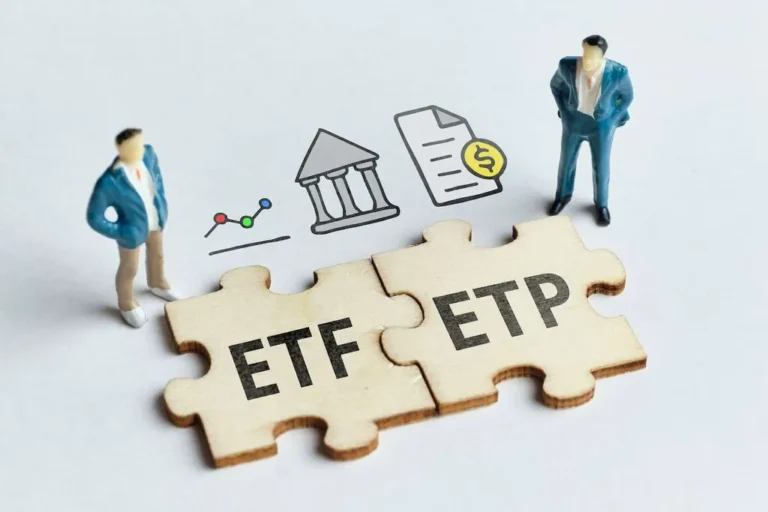By eliminating intermediaries, blockchain reduces transaction costs, resulting in significant financial savings for companies. Smart contracts also https://www.xcritical.in/ automate processes, minimizing the necessity for handbook intervention and additional chopping costs. Blockchain applied sciences are considered one of these newest technological tendencies in the market and are considered to be protected, efficient, and fool-proof.
Linux Foundation Proclaims Launch Of Lf India To Increase World Open Source Help And Innovation

Identity verification turns into more efficient with blockchain’s decentralized and secure digital identification options. Blockchain provides an immutable report of all transactions, enhancing transparency. This traceability is crucial List of cryptocurrencies for companies in regulated industries, making certain compliance with authorized and regulatory standards. Blockchain might help to scale back the danger of fraud and errors by providing a safe and immutable document of transactions.
What Are Blockchain Cost Systems?
Blockchain in supply chain management functions by recording every transaction and motion of goods on a safe, decentralised ledger. Each product is assigned a unique digital identifier that tracks its journey from origin to vacation spot. This system offers full transparency and real-time visibility into the provision Blockchain Payments chain. Additionally, good contracts automate processes such as payments and shipping, minimising guide intervention and lowering errors. Blockchain expertise is revolutionizing provide chain administration by providing transparency and traceability.
Blockchain For Cross-border Funds: Real-world Cases

Earlier, when the payments from one entity to another used to take up to a week time. The use of digital currencies and distributed ledger applied sciences make fee faster, cheaper, and more convenient. One of the main benefits of the block chain technology is its ability to secure transactions.
This protects the unique knowledge while still permitting verification of authenticity. Because provide chains involve many events, usually across the globe, an accurate, quickly updated, secure, seen document benefits everyone involved. When blockchain is used, the single ledger consolidates everyone’s knowledge into unchangeable records. That means when an replace occurs, it pushes into the next stage with international visibility. It provides transparency, accountability, and an irrefutable document of transactions as goods and services transfer along the availability chain. For example, a contract may release cost to a shipping firm upon confirmation of supply on the designated location.
The international economic system will get an uplift by using blockchain know-how for cross-border funds. One of the most effective examples of Blockchain’s impact on trading finance could be that of the Marco Polo Network. It’s a network of know-how and financial institutions and companies that use Blockchain know-how to simplify the process of financing commerce. The network offers solutions to open-account commerce invoice finance and risk administration. Through digitizing trade documents and automating verification procedures, Marco Polo Network reduces the time and complexity involved in commerce finance transactions.
NFTs, also referred to as cryptographic tokens, leverage blockchain know-how for his or her ownership verification and cannot be cloned or minted. To ease this course of and make it faster and cost-effective, presently, blockchain is being thought of. Crypto lending arrives with a model new, transparent and environment friendly lending course of within the finance trade. High-end blockchain apps would also demand a one-time registration process that can save much time and effort for the customers. The better part about Blockchain is its caliber to offer safe digital id administration.
Blockchain can facilitate peer-to-peer transactions, which might help to reduce the necessity for intermediaries and decrease the overall cost of certain monetary services. Blockchain can help to extend transparency within the banking trade by offering a transparent and accessible document of transactions. Blockchain can be utilized to retailer and confirm insurance policies, claims, and payouts, which might help to reduce the danger of fraud and enhance the effectivity of the insurance business. It is amongst the major causes for financial institutions not deploying the blockchain for negotiations.
- For occasion, when many individuals are utilizing it directly, transactions would possibly take longer to undergo, which could be annoying.
- Working with a seasoned iphone app improvement firm india will allow firms negotiate these technical difficulties.
- Blockchain can provide a tamper-proof document of academic achievements, making it simpler for employers and academic establishments to verify credentials.
Additionally, banks can collaborate with blockchain developers to innovate new applied sciences that tackle scalability issues. Blockchain in cross-border funds is rising day by day due to many shortcomings within the conventional strategies. Blockchain know-how will go away a profound impact on cross-border funds construction. It can be a technological breakthrough as there’s a gradual weakening of the existing fee models. We are sure that it will leave an overall constructive impact on cross-border funds. Banks need to take the assistance of middleman banks to process the transaction.
It can present monetary services, corresponding to fee, with out using some other third celebration, like banks. Blockchain technology has led to vital developments in fintech and other industries over the previous couple of years. Blockchain permits non-trusted parties to agree on the state of a database without counting on a intermediary to conduct transactions. Decentralised systems powered by blockchain know-how can promote international financial participation by enabling people to participate in the global economy with out the necessity for intermediaries.
As it stands, blockchain presents new alternatives to boost applied sciences like AI and IoT in supply chain administration. New uses, such because the tokenization of products, can create even sooner transactions and higher transparency via digital representations of bodily belongings. Blockchain know-how permits for a tamperproof and decentralized report of transactions, making it easier to trace and confirm the situation of products as they move through the supply chain. Blockchain expertise brings inherent safety and traceability, all while providing an information source that’s readable by all events.
Blockchain expertise is not a futuristic concept; it is a transformative drive actively reshaping industries worldwide. At its core, blockchain is a decentralized, distributed ledger system that securely information transactions. While it initially gained prominence through cryptocurrencies like Bitcoin, its applications lengthen far beyond digital currencies, guaranteeing transparency, security, and integrity in record-keeping. Blockchain, which is commonly mistaken for a synonym of Bitcoin, is a distributed ledger system that information transactions securely. Unlike traditional fee systems that depend on centralized databases and are susceptible to cyberattacks, blockchain’s distributed ledger technology, also called DLT, resists cyberattacks. All in all, it’s now more evident than ever that blockchain technology is remodeling the fintech panorama in India.
One of the largest hurdles for blockchain in banking is the lack of clear and constant rules. Different nations have various authorized frameworks, making it difficult for banks to undertake blockchain know-how throughout borders. The absence of standardized regulations creates uncertainty, which can hinder investment and innovation. One of the key opportunities for implementing blockchain for banks is reduced costs. According to Juniper Research, by 2030, blockchain deployments may save banks over $27 billion in cross-border settlement transactions, chopping costs by greater than 11% per on-chain transaction. The Swiss financial institution has developed a blockchain platform called “Banking on Blockchain,” which is being used to enhance the efficiency of its operations and to reduce the chance of errors.
Finally, blockchains are distributed, which provides real-time transaction info to both events, leading to transparency. It offers a centralized system with a personal blockchain and a regulator, as properly as a totally decentralized answer built on the permissionless platform. A hybrid resolution during which KYC information is maintained in sensible contracts and the customer controls which monetary establishments have entry to his or her information.
